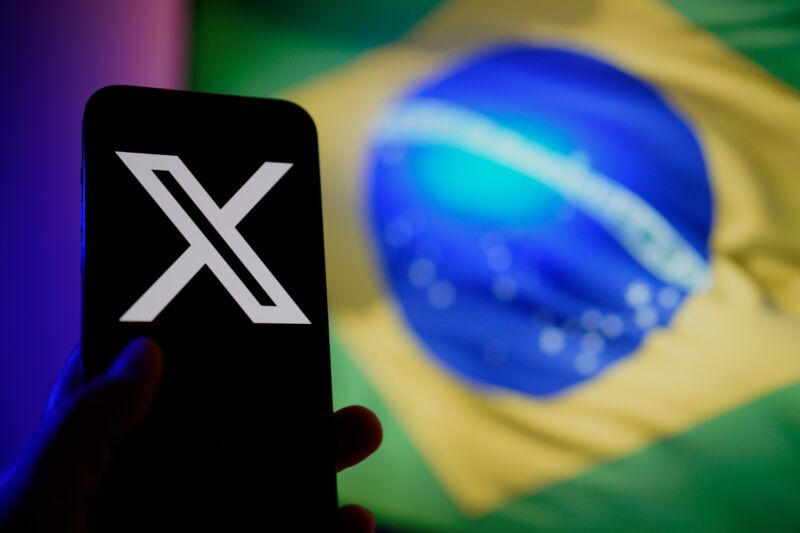
Samsung Electronics recently announced that it has decided to continue with Google as its default search engine for mobile devices.
Although Samsung was in vigorous negotiations with Microsoft Bing, it finally chose to walk with Google.
Experts are claiming that this decision will potentially alter the dynamics of the mobile search engine market.
The announcement came out earlier this week. It seemingly points to Samsung’s preference for the tried-and-true stability of Google.
However, if Samsung wouldn’t have walked with Google, Bing could become a dominant player in the space.
Predictions & Rumors Vs. Reality
The Internet browser of Samsung comes pre-installed on their devices. It has long relied on Google as its default search engine. However, recently there were discussions that Samsung is thinking of switching to Bing, ditching Google.
It was also said that this alteration would put approximately $3 million at stake, which Google takes out as its annual revenue from the partnership.
According to sources, Samsung wanted to work with Bing as the organization was not much worried about a lot of disruption. In fact, most users are not inclined to use their devices’ in-built browsers. However, later Samsung unprecedentedly changed its decision.
Samsung was probably concerned about its effect on its relationship with Google, which can further influence the market’s perception of the move.
Industry experts are still not clear why Samsung was considering the switch to Bing. Possibly, it was Microsoft’s aggressive expansion into AI. However, Google’s ramped-up efforts to integrate AI into its search engine and make Bard available to the public may have pushed Samsung to give its choice a second thought.
As it seems, Samsung counts more on track record over competitive propositions.
Technology analysts and industry experts have come up with a mixed response to this move.
Some claim that Samsung’s decision reflects the robustness of the long-term relationship it shares with Google. Others are emphasizing Samsung’s inclination towards continuity.
The Result-Driven Collaboration
Until now, the Samsung-Google partnership alliance has significantly contributed to Google’s overarching influence on the mobile internet search landscape. From this point, other search engines like Yahoo and Bing have always struggled to secure a comparable market share.
Samsung probably found Google consistent enough to deliver relevant and high-quality search results to users.
Google’s advanced search algorithms, impressive speed, and unquestionable search capabilities have made it a household name. It may sound exaggerating, but sometimes the terms ‘Google’ and ‘search engines’ are used synonymously.
Samsung probably wants to leverage the popularity of Google to provide its users with a satisfactory browsing experience. Moreover, Samsung may have reached the decision strategically, considering Google’s integrated ecosystem of services.
Google Maps, Gmail, and YouTube can seamlessly connect with the Google search engine. This may consequently enhance the overall user experience.
While Bing also has made noteworthy strides in broadening its user base, it’s nowhere close to the refinement and comprehensive integration that Google offers. In fact, the market share clearly reflects this disparity.
However, Samsung’s decision doesn’t point to the end of the collaboration between Samsung and Microsoft. These giants continue to partner in other areas. For instance, Microsoft’s Suite of productivity apps remains an integral component of Samsung’s device ecosystem.










